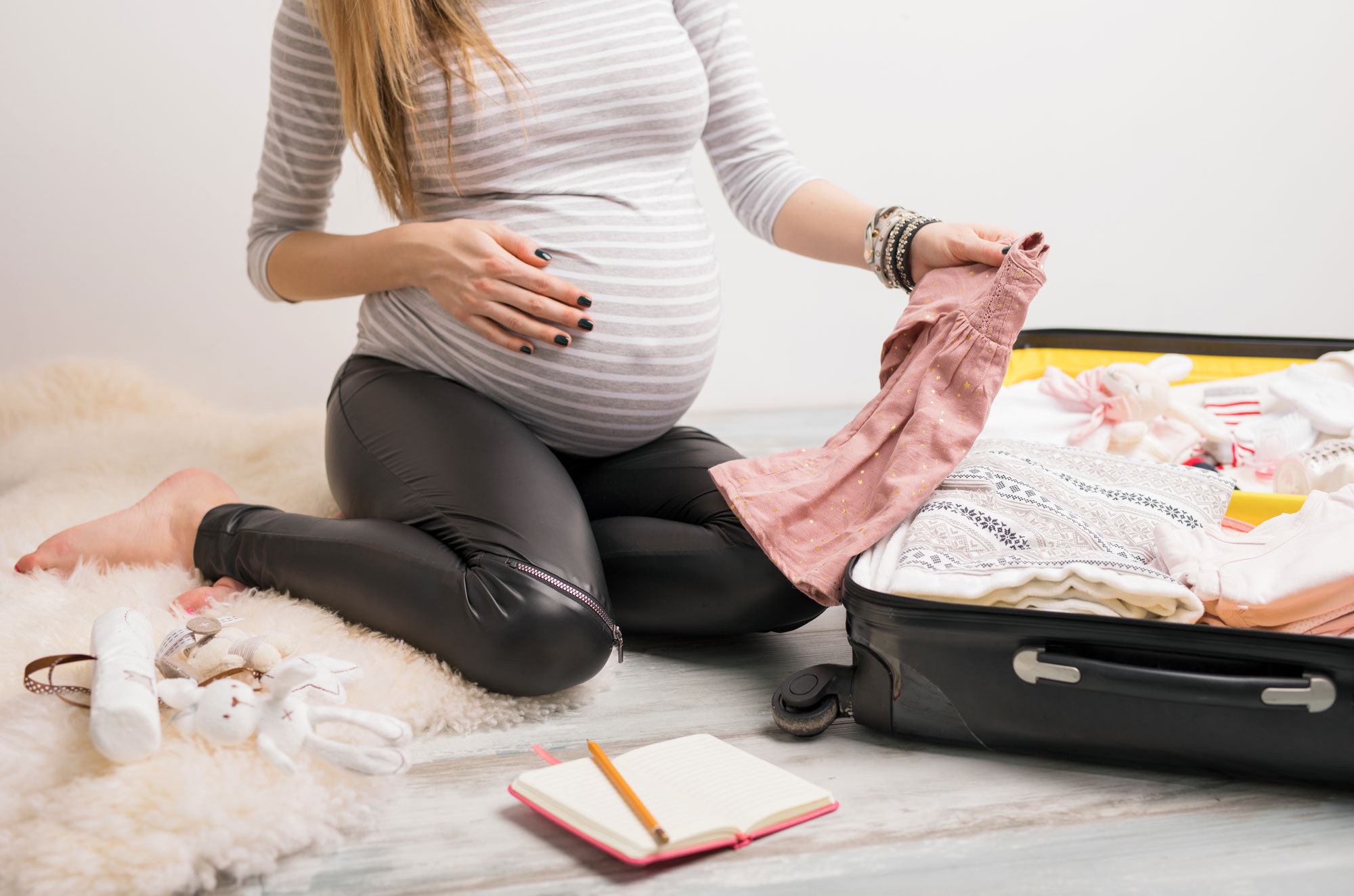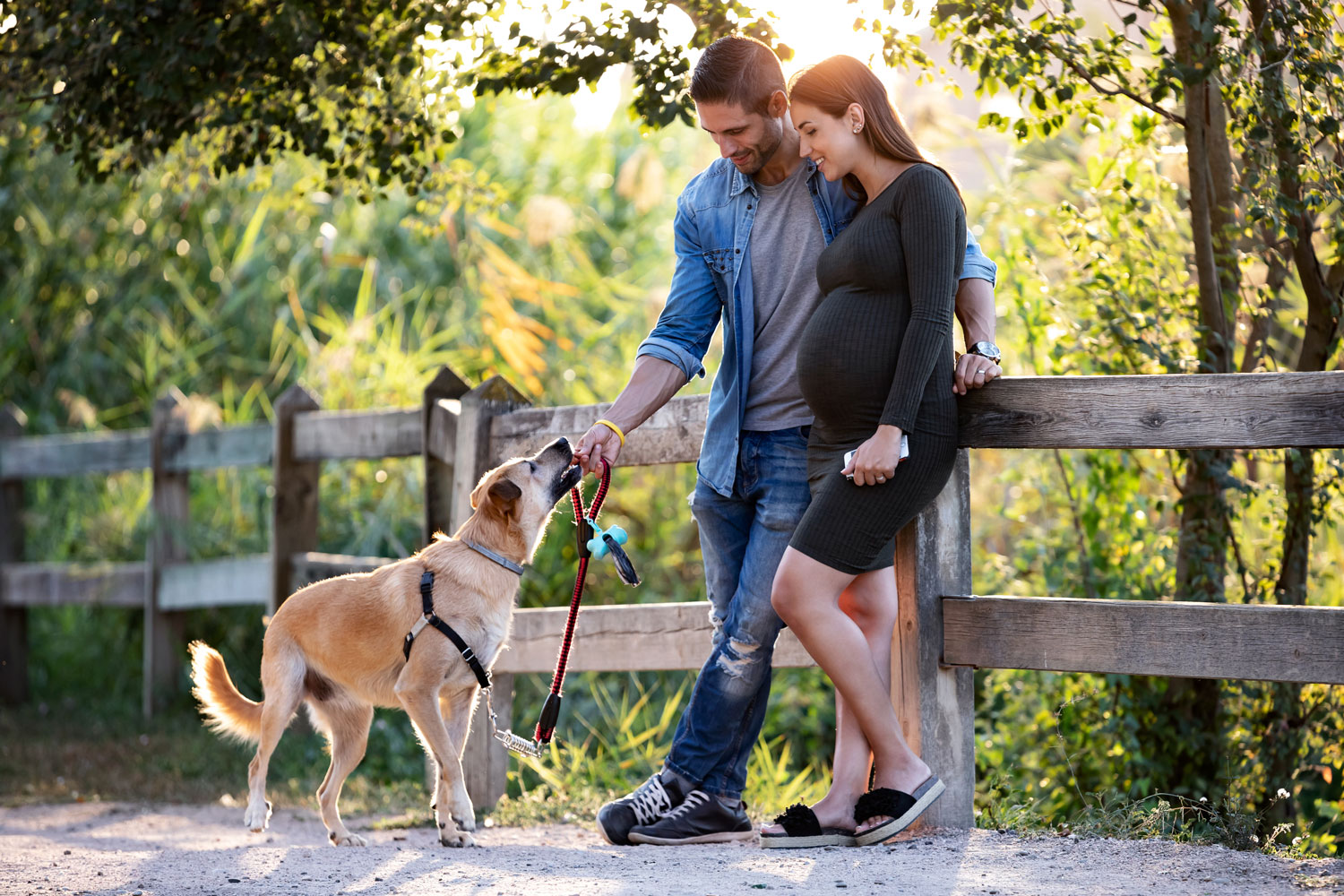Bringing baby home for the first time although exciting, can be a little overwhelming but there are things you can do to prepare you for the next 2-4 weeks in your new role/job as a parent.
The last few weeks of your pregnancy is usually spent on organising the perfect nursery, washing babies clothes, trying to rest and stay comfortable, last minute grooming appts, frequent visits to your LMC and catching up with friends and whanau before baby comes. The big day arrives and two of you drive to the hospital and eventually three come home!!!
Going home with baby is such a big transition from your previous life that mental preparation is just as important as the physical surroundings, for both you and your partner.
When you are discharged home it’s the start of this new period, we call the fourth trimester and its exciting, busy, exhausting, surreal and can be emotional.
For some the journey to be able to bring home a baby hasn’t been that easy so don’t be surprised by all these new emotions of how amazing your baby is, how clever you are and of warmth and Love.
Luckily at this time our bodies and are still producing good levels of dopamine and endorphins (mood enhancers) and is increasing production of oxytocin (responsible for “let down “of milk) and this helps with keeping us calm and so we can deal with this intense time.
Don’t forget it’s not just the birthing parent that might find this time challenging. Some new parents say they are nervous that help is not at the end of a bell but once you are home for a short time you usually get into your own groove, there is help ,if you feel like this – from the midwife who will be visiting or the back of the wellchild book is the plunket/healthline number to chat to someone.
My advice to parents going home is to:
Absorb as much knowledge as you can from those around you and ask them to teach you how to hand express and why.
Dress baby in warm clothing even if its summer for the ride home, including a hat.
If the staffing allows it, bath baby for the first time at the postnatal facility, before you leave, so you don’t need to worry about it for another 4-5 days. Below is my newborn bathing video.
Do as much skin to skin with baby for not just the first few days but for the first 2-4weeks, it really helps with milk supply, bonding, recovery, and settling in for both mum and baby. Make YOUR bedroom as comfortable and relaxing with lights and relaxing candles as this is where you will spend 80% of your time in the first few weeks. A Himalayan salt lamp is a nice calming light that can be moved into baby’s room once they move in there after 6 months.
Be patient in those first few weeks of breastfeeding, your breasts or nipples may be sensitive, and breastfeeding may be uncomfortable, it takes time for you and your baby to learn to work together. Rubbing breastmilk into your nipples after a feed can help them heal. (Coconut oil and lanolin too) If you are finding breastfeeding painful and difficult don’t suffer in silence, get help from your midwife, A Lactation consultant, a plunket family center.
Drink coconut water for hydration, it is like an electrolyte drink, very good in the summer in the afternoon when we can get dehydrated and sluggish.
Eat well, lots of protein is good for recovery and especially good if you want to build a good milk supply. Have lots of healthy snacks available, almonds, bananas ,lactation cookies, smoothies, boiled eggs, savoury /nutritional yeast to have on toast as a quick snack. (and at night too )
Babies initially don’t know about night and day so be prepared to be deprived of sleep, as newborns need feeding every 2-3 hours,24/7. E.g., 12-14. Plan and prepare your meals for at least the first 2 weeks to help to diminish the stress of another task. I suggest don’t leave the baby to sleep too long in the daytime (max 2) for that first week as we know if they don’t feed enough in the day they will feed more at night. Babies generally loose 5-8% of their initial birthweight so I suggest a loose plan of baby up for about an hour (includes feeding, changing, cuddles) and sleeping for 2 is helpful, until we know baby is regaining their weight back.
Power naps/rests don’t underestimate them. Research has shown anything from 10-20 mins is beneficial to increasing mental alertness and mood. Never make an excuse for a nap as it is one way of looking after yourself and everybody will benefit from it.
If you can’t fall asleep in the day just resting in a quiet, dark room is still rejuvenating. If you have pets, let them have a good sniff of baby once you get in the door. (it’s a good idea if they have already smelt baby from some clothing that has been bought home prior)
Everyone loves a newborn and wants to congratulate you and see baby, its normal to have lots of requests to visit but it is time to prioritise your family (and sleep) and its ok to say no. Now, because of covid, its more accepted to restrict visitors and to ask if all family members of visitors are well and have not been on international flights or in large crowds. Its prudent also
To check on friends’ toddlers vaccination status and if any bugs are going around their childcare facilities/school.
These first weeks home with baby are precious and there is a lot to learn about your new bundle and they change so so much during these weeks.
Communicate well with your partner as the demands of having a newborn can be tough and if you feel you are not sleeping well, having emotional outbursts, anxious and crying a lot then seek help from your LMC, GP ,Plunket, whanau. It’s always good to let you LMC know if you have struggled with your mental health in the past and they can help put a plan in place for extra support for when baby comes.



